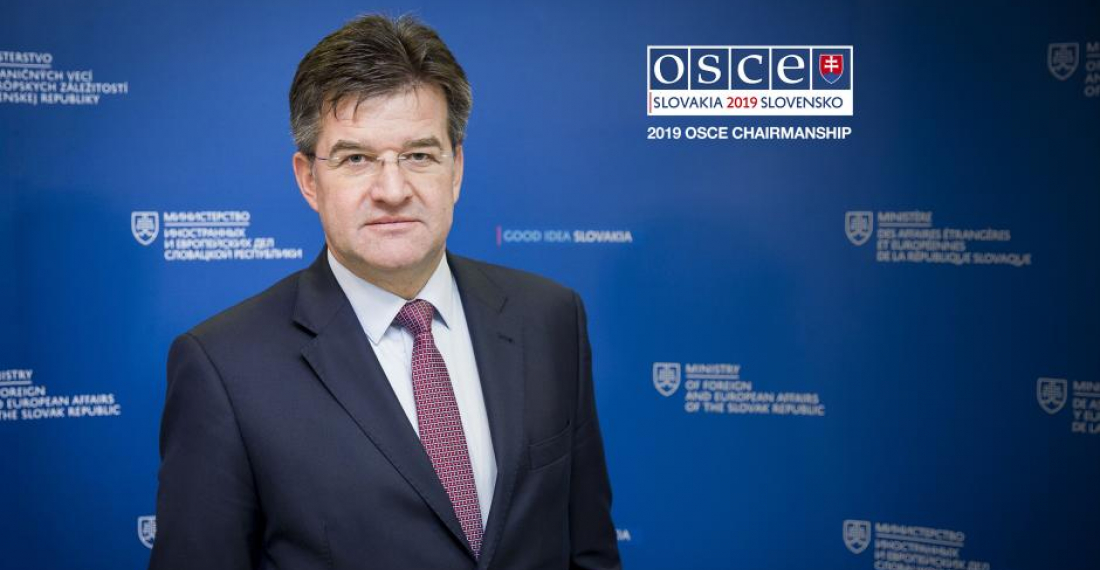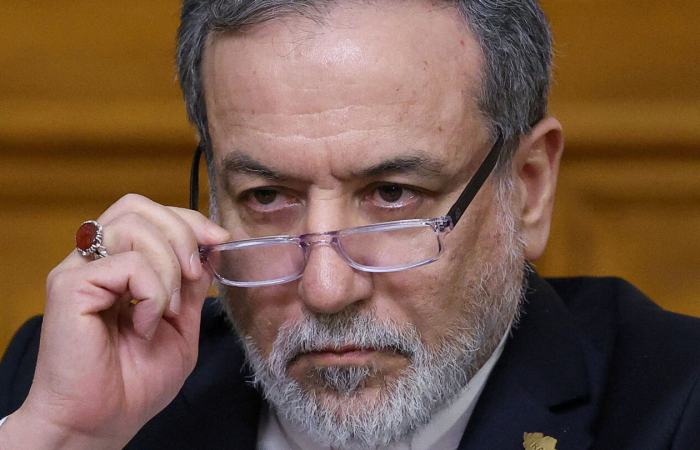Словакия взяла на себя председательство в Организации по безопасности и сотрудничеству в Европе (ОБСЕ) на 2019 год. Министр иностранных дел и по делам Европы Словакии Мирослав Лайчак стал исполняющим обязанности председателя этой организации.
The Slovak Chairmanship will focus on three areas for action in 2019: preventing, mediating and mitigating conflict while focusing on the people it affects; providing for a safer future; and promoting effective multilateralism. Lajcak will present Slovakia's priorities to the OSCE Permanent Council on 10 January in Vienna.
Словацкое председательство сосредоточит свое внимание на трех направлениях в 2019 году: предотвращение, посредничество и смягчение конфликтов при уделении особого внимания людям, которых они затрагивают; обеспечение более безопасного будущего; и содействие эффективной многосторонности. Лайчак представит приоритеты Словакии Постоянному совету ОБСЕ 10 января в Вене.
Последнее десятилетие было трудным для ОБСЕ, а некоторые даже ставили под сомнение само существование этой организации. Она получила новую жизнь после того, как сыграла роль в стабилизации ситуации на востоке Украины, когда там в 2014 году разгорелись боевые действия. В настоящее время она развертывает крупную и дорогостоящую миссию по мониторингу на востоке Украины.
В течение своего годичного срока во главе ОБСЕ Словакия будет уделять приоритетное внимание усилиям по предотвращению возникновения новых конфликтов, одновременно смягчая гуманитарные последствия существующих.
"В целом, Словакия посвятит свое председательство тому, чтобы приблизить ОБСЕ к людям, на которых она работает. Мы полны решимости содействовать учету гендерной проблематики во всей работе ОБСЕ. И мы стремимся улучшить безопасность и защиту людей", - сказал Лайчак в послании, опубликованном перед началом его председательства. "Словацкое председательство в ОБСЕ в 2019 году будет стремится быть амбициозным в продвижении диалога, доверия и стабильности в регионе ОБСЕ, а также в поддержании нормального функционирования организации. Но мы также должны быть реалистами: есть в изобилии проблемы и сложности. Любое дальнейшее ухудшение в сфере безопасности и для жизней людей в наших обществах неоправданны", - сказал словацкий министр.
источник: commonspace.eu по материалам osce.org







